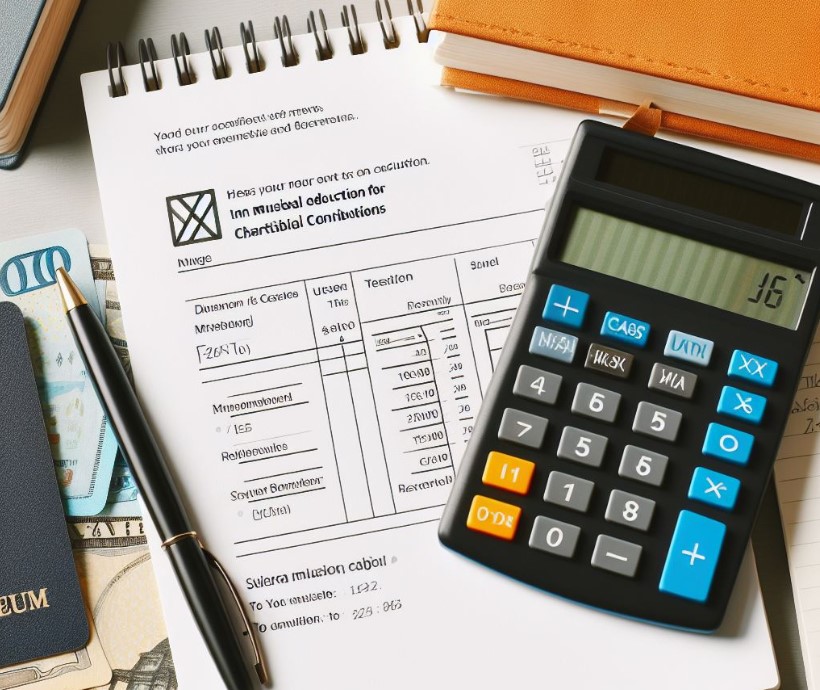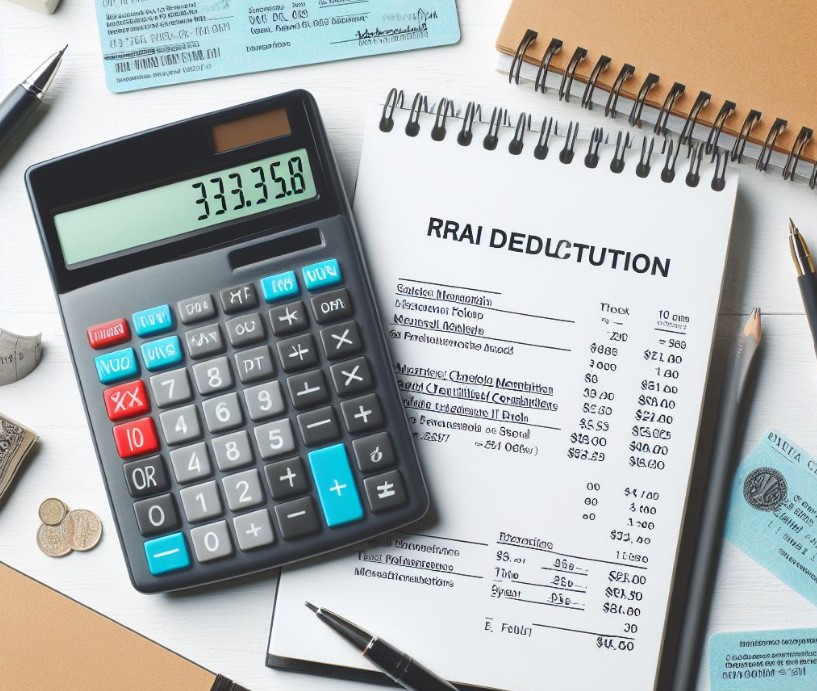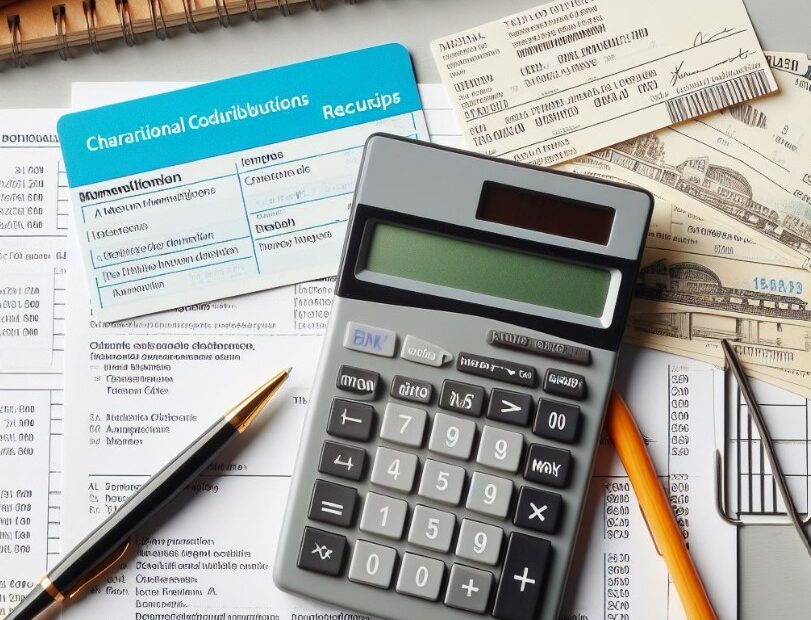Museum memberships can offer a wealth of benefits, from exclusive access to exhibitions to discounts at gift shops. But a common question that arises is: Are Museum Memberships Tax Deductible? This critical aspect is often overlooked by many. Understanding this can significantly impact your financial planning and charitable giving strategy.
Key Takeaways
- Museum memberships can be tax deductible, but it depends on the type of membership and the benefits received.
- The IRS considers memberships deductible if they are seen as charitable donations.
- Documentation is crucial for claiming deductions on tax returns.
- Different types of memberships have varying tax implications.
- It’s important to consult with a tax professional for accurate advice.
Are Museum Memberships Tax Deductible?
Yes, museum memberships can be tax deductible, but it depends on the type of membership and the benefits received. If the benefits are considered insubstantial by the IRS, the membership fee may be fully deductible.
However, if substantial benefits are received, only the portion of the fee that exceeds the fair market value of these benefits is deductible. It’s important to maintain accurate records and consult with a tax professional for specific advice.

The Fundamentals of Tax Deductibility for Museum Memberships
Understanding the basics of tax deductibility for museum memberships is essential. The Internal Revenue Service (IRS) in the United States provides specific guidelines on what qualifies as a deductible charitable contribution.
Typically, memberships to museums, which are generally non-profit organizations, can be considered charitable donations. However, the key lies in the benefits received in return for the membership.
Eligibility Criteria
To qualify for a tax deduction, the membership must primarily offer intangible religious, charitable, scientific, literary, or educational benefits. If substantial tangible benefits are received in return, such as free merchandise, tickets, or services, the deductibility may be affected.
IRS Guidelines and Regulations
According to the IRS, the portion of a membership fee that exceeds the fair market value of the benefits received can be deductible. This means if a membership costs $100 and the benefits received are worth $30, only $70 may be deductible.
Types of Museum Memberships and Their Tax Implications
Not all museum memberships are created equal in the eyes of tax law. There are various types of memberships, each with its tax implications.
Basic Memberships
Basic memberships that offer minimal benefits are often fully deductible. These memberships might include benefits like free admission, which is considered insubstantial.
Premium Memberships
Premium or higher-tier memberships that offer additional benefits like special event invitations or physical goods may have limited deductibility. It’s crucial to understand the fair market value of these benefits.
Supporting and Contributing Memberships
Memberships categorized as ‘supporting’ or ‘contributing’ often imply a larger portion goes towards donation. These may offer greater deductibility, but it’s important to get proper documentation.
Documentation and Record Keeping for Tax Deductions
Maintaining accurate records is vital when claiming tax deductions for museum memberships. This includes keeping receipts, membership details, and any correspondence from the museum regarding the donation aspect of the membership.

Importance of Receipts
A receipt from the museum should clearly state the amount paid and the portion considered a donation. This is critical for tax filing purposes.
Keeping Detailed Records
Apart from receipts, maintaining detailed records of any correspondence and benefits received is advisable. This helps in accurately determining the deductible portion.
Consultation with a Tax Professional
Given the complexities of tax laws, consulting with a tax professional is highly recommended. They can provide personalized advice based on individual circumstances and ensure compliance with IRS regulations.
Role of Tax Advisors
Tax advisors can help decipher the nuances of tax deductions related to museum memberships. Their expertise is invaluable in maximizing deductions while remaining compliant.
Keeping Up with Tax Law Changes
Tax laws are subject to change, and staying informed about these changes is essential. A tax professional can help navigate these changes effectively.
Maximizing Tax Benefits from Museum Memberships
Extracting the maximum tax benefits from museum memberships requires a strategic approach. Understanding the nuances of what the IRS considers a substantial benefit is key.
Assessing the Value of Benefits
The key to maximizing deductions lies in accurately assessing the value of the benefits received. If a membership includes free tickets to exclusive events, estimating their fair market value is essential. This helps in determining the actual deductible amount.
Strategies for Maximizing Deductions
One effective strategy is opting for memberships that offer benefits considered insubstantial by the IRS. Additionally, if the primary motive is to support the museum, choosing donation-focused memberships can increase the deductible portion.
Impact of Membership Level on Tax Deductibility
The level of membership chosen can significantly impact its tax deductibility. Higher-tier memberships often come with more substantial benefits, which can reduce the deductible amount.

Basic vs. Premium Memberships
While basic memberships are more likely to be fully deductible, premium memberships often come with tangible benefits that must be accounted for. Understanding these distinctions is crucial for accurate tax reporting.
Evaluating High-Value Memberships
For high-value memberships, it’s important to scrutinize the list of benefits and their market value. Sometimes, opting for a lower-tier membership with fewer tangible benefits can result in a higher deductible amount.
Compliance and Avoiding Pitfalls
Ensuring compliance with tax laws while claiming deductions for museum memberships is paramount. Being aware of common pitfalls can help avoid issues with the IRS.
Understanding IRS Audits
In the case of an IRS audit, having detailed documentation of the membership and its benefits is crucial. This includes keeping all correspondence and receipts related to the membership.
Common Mistakes to Avoid
A common mistake is overestimating the deductible amount by not accurately valuing the benefits received. Another pitfall is assuming all types of memberships are automatically tax deductible without proper assessment.
Conclusion
Understanding the tax deductibility of museum memberships requires a careful examination of IRS guidelines and the specific benefits associated with the membership. Museum memberships can indeed be tax deductible, but it depends on the type of membership and the benefits received.
Keeping accurate documentation and consulting with a tax professional are key steps in maximizing your potential tax benefits. Remember, supporting cultural institutions through memberships not only enriches personal and community life but can also offer tangible financial benefits through tax deductions.
Top FAQ’s
Can I Deduct a Membership Given as a Gift?
If you purchase a museum membership as a gift for someone else, you can generally claim the deduction, provided you don’t receive any benefits from it.
Does a Membership Deduction Require Itemization?
Yes, to deduct a museum membership on your tax return, you must itemize your deductions. This is typically done on Schedule A of the IRS Form 1040.
Are Contributions Above the Membership Fee Deductible?
Any additional contributions made above the membership fee are usually fully deductible, as they are considered outright donations without any associated benefits.
How Do I Value Benefits Like Free Admission?
Free admission is often considered an insubstantial benefit by the IRS. However, the value of more substantial benefits, like event tickets, should be based on their regular retail value.

Muhammad Talha Naeem is a seasoned finance professional with a wealth of practical experience in various niches of the financial world. With a career spanning over a decade, Talha has consistently demonstrated his expertise in navigating the complexities of finance, making him a trusted and reliable figure in the industry.









